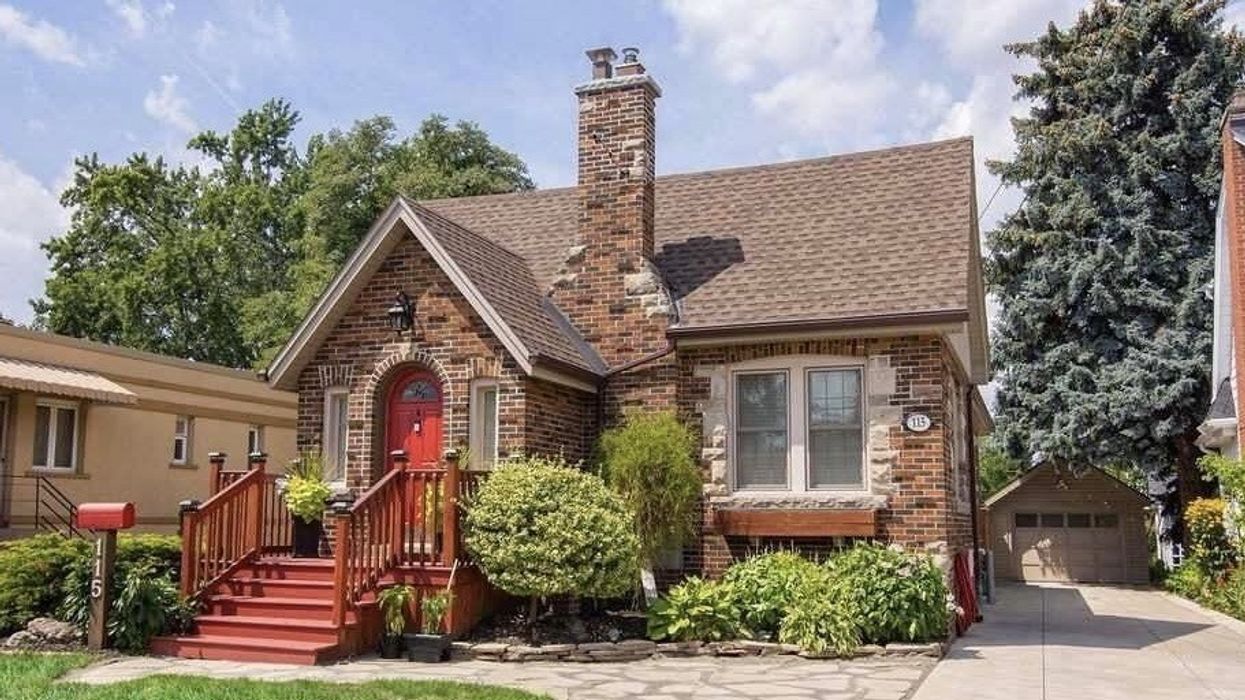Whether it's the record low-interest rates or the fact that they've been cooped up inside their downtown condos since the COVID-19 pandemic unfolded, many millennials are choosing to trade their high-rise views for the suburbs outside of the city.
At least, according to researchers from Ryerson University’s Centre for Urban Research (CUR), who say the trend will contribute to an already "lagging" real estate segment in denser urban areas in the city.
In a report titled Ground-related housing heats up while apartment market lags, CUR’s Diana Petramala and Victoria Colantonio wrote that sales activity in the Greater Toronto Area (GTA) reached record levels again in August as pent-up demand -- accumulated from March through to May -- continued to be unleashed.
They added that the resale market in the 905-region also broke sales records in August, with buyers showing “a higher preference for ground-related housing.”
While ground-related homes in the 416-area also saw an increase in activity in August, the overall market underperformed due to slower sales in the relatively large apartment market.
“The apartment market lagged all other housing types across the GTA,” the researchers wrote.
READ: More Millennials in Ontario Turning to Suburban Areas to Buy Homes: Report
And while there are a lot of factors that could be influencing the ground-level housing boom in the suburbs -- such as affordability, space, and low mortgage rates -- the researchers say a major component is the rise of millennials being in demand of ground-related housing at the expense of the condo market.
"Never underestimate the power of millennials to continue driving upside surprises in resale market activity, especially as very low-interest rates have helped improve affordability," wrote Petramala and Colantonio.
"As this generation moves out of apartments into ground-related housing, apartments are likely to remain a lagging segment of the real estate market,” they added.
The researchers noted that this shift in buying behaviour comes as there's an estimated 8,000 to 10,000 Airbnb units that would not be compliant with the new City of Toronto short-term rental bylaws that came into effect last week, which prohibit homeowners from renting out their residences for more than 180 nights per year and limit rentals to owners’ principal residences.
"Some of these units may end up on the long-term rental market, while many might end up for sale," wrote Petramala and Colantonio.





















